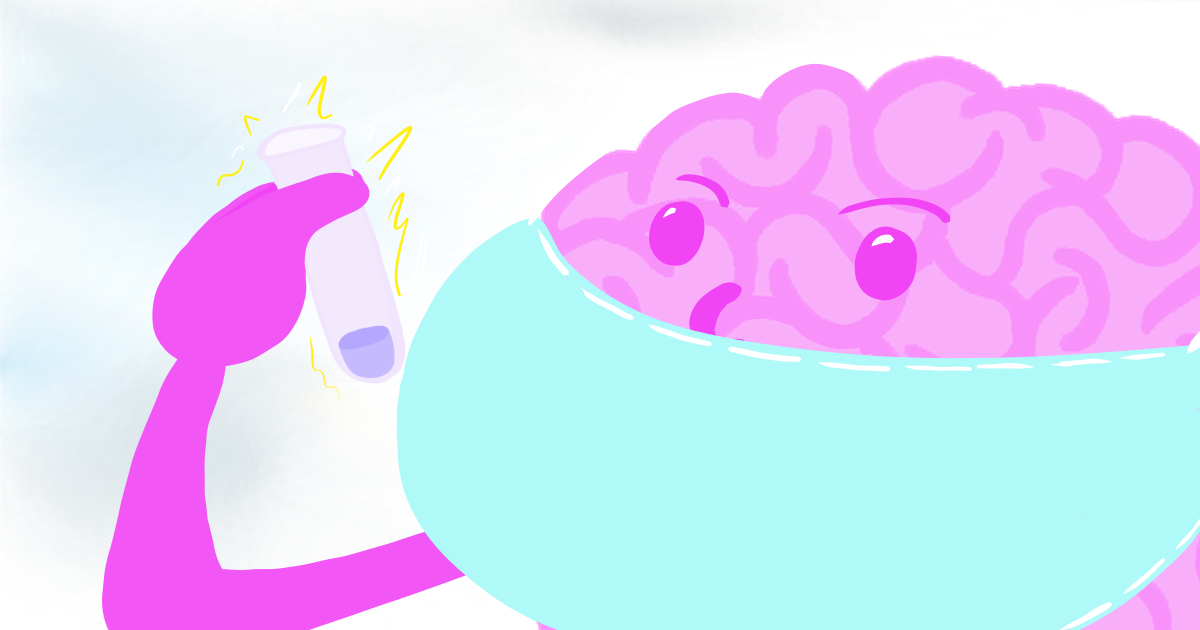The loaded gun
- DOCTORS & PATIENTS IN COLOUR - THE LOADED GUN!
This short trigger tape raises the question in a symbolic way of the dangers of large quantities of sedatives and tranquillisers used indiscriminately. The doctor was alluding to how pills are handed over to a patient at their own risk and to not be silly with the dosage.
So, we join the conversation in progress between patient Mrs Blimfield and the doctor. At first, the doctor mentioned he’d found solutions for Mrs Blimfield’s tension headaches, and nerves that would help calm her down. Without delay, swiftly, we see the doctor produce a revolver from under the table and put it down on the desk in front of him next to a set of bullets nicely laid out. He picks up the gun and goes on to say, ” I want you to take these three times a day!” as he slowly, one by one, picks up and places one of the bullets from the table into the revolver in his hand. He fills the barrel with bullets one by one. The doctor pushes the loaded gun across the table to his unwitting patient, who accepts it readily.

He states that he will not be seeing his patient for another month or so and hands over some more pills or “bullets” in case she runs out. The patient readily takes the extra bullets to keep her going. He mentions he will see her in 8 weeks and says goodbye. And she says, “Bye-bye, thank you, doctor.”
The discussion focuses on the potential adverse effects caused by a doctor’s prescribing habits.
What are tranquillisers?

For the patient:
Sleeping pills and ‘minor tranquillisers’ are types of sedative medications that act upon the body’s central nervous system to slow down both body and brain functions. As a result, the patient might experience slowed breathing, relaxed heart rate, and slowed thought processes while on these medications. Healthcare professionals often prescribe these medications to help individuals manage insomnia, anxiety, or other related conditions to promote healthier sleep and a less agitated body and mind.
They might be prescribed as either benzodiazepines or non-benzodiazepines to help with anxiety and insomnia. They might also be referred to as hypnotics and anxiolytics. Although we use the term “sleeping pills” to describe many of these drugs, some of them may also be available as a liquid, either to swallow or be injected into the body. It’s essential to use these medications as directed by a healthcare professional. They can have side effects and should not be used indiscriminately.
Just how dangerous are tranquillisers?
Not very, is the short answer. Especially when thinking about the risk and benefits of the alternatives or no treatment. For example, there is no known lethal dose of diazepam. For a review article on benzodiazepines see this recent article at Pubmed.
The management of psychiatric disorders and the use of anxiolytics can be controversial. For a good seminar question try “which medication treatments are safer for anxiety, SSRI antidepressants or benzodiazepines?”
For an answer to that question, a non medical review can be found here, by the Anxiety and Depression Association of America.
For a meta analysis review from Pubmed, or the same article can be found here (Expert Opinion on Pharmacotherapy Volume 19, 2018 – Issue 8).
